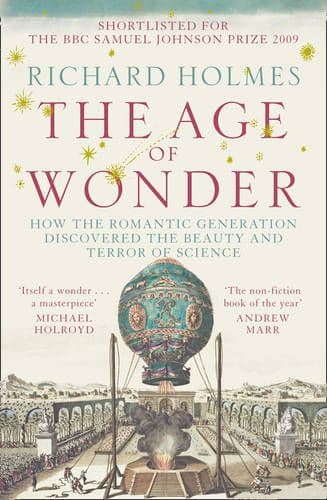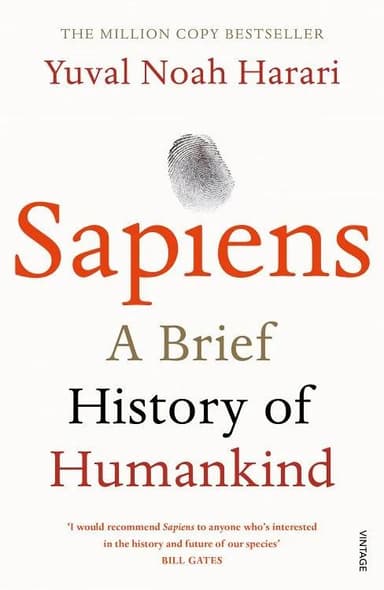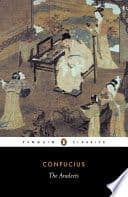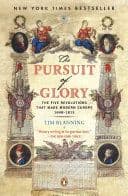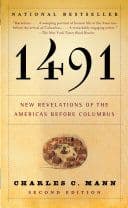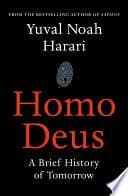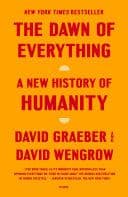
The Dawn of Everything:
A New History of Humanity
** Instant New York Times Bestseller **
DIFFICULTY
intermediate
PAGES
720
READ TIME
≈ 720 mins
DIFFICULTY
intermediate
PAGES
720
READ TIME
≈ 720 mins
About The Dawn of Everything
Did humans evolve inevitably from small bands to farms to states, or did we repeatedly chose from a menu of social arrangements? Graeber and Wengrow marshal fresh archaeology and anthropology to show cities without kings or police, councils that governed large populations, and seasonal hierarchies that dissolved each year.
The authors argue that no single ‘agricultural revolution’ trapped us; pathways were multiple, reversible and often deliberate. Along the way they puncture the Hobbes-versus-Rousseau story and foreground three deep freedoms common in many societies: to move away, to refuse commands, and to remake social ties. The result is prehistory as a record of experimentation, not a staircase.
If our ancestors had options, so do we—this book reopens our political imagination at a moment when many feel there is no alternative.
What You'll Learn
- Why linear 'from tribes to states' stories are misleading
- Evidence for cities and complex societies without kings or bureaucracies
- The book’s 'three freedoms' framework and its implications for social possibility
- The role of seasonal structures and deliberate experimentation in past societies
- Assess common narratives about the origins of inequality and the state
Key Takeaways
- History isn’t a ladder to hierarchy
- Cities existed without states or kings
- Inequality has contingent, diverse origins
- Freedom: move, refuse, redesign relations
- The past is a menu of social options
